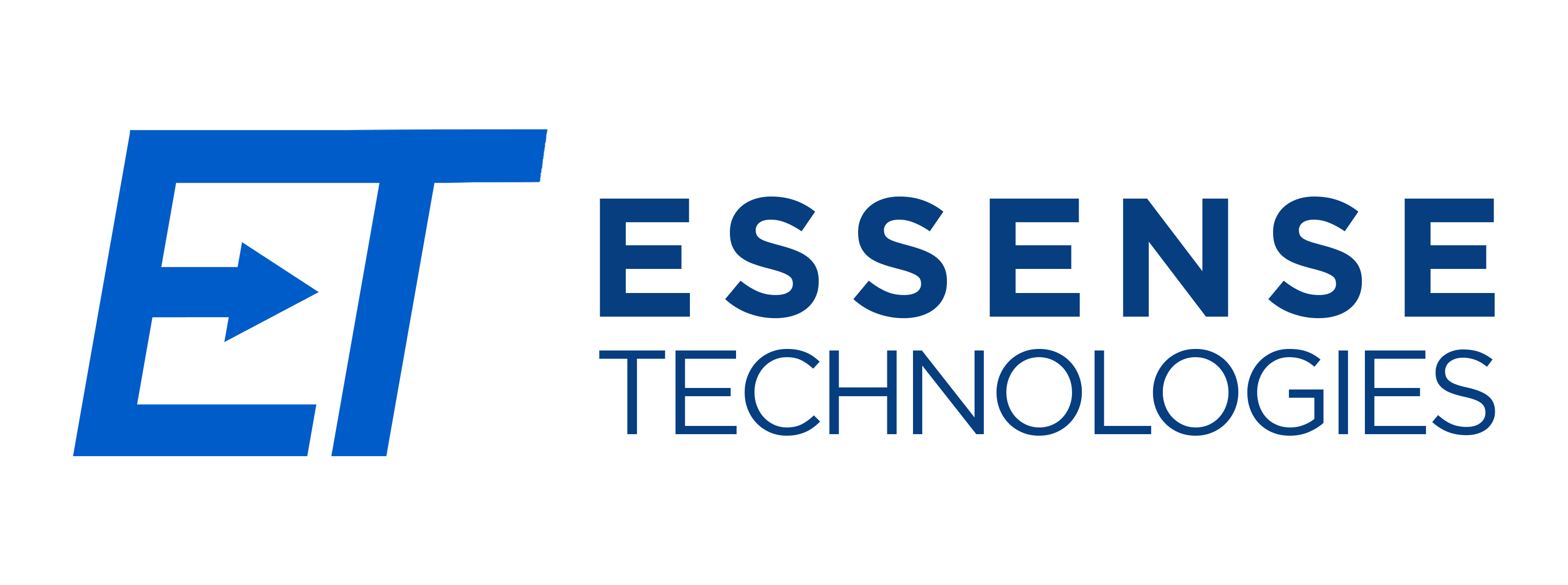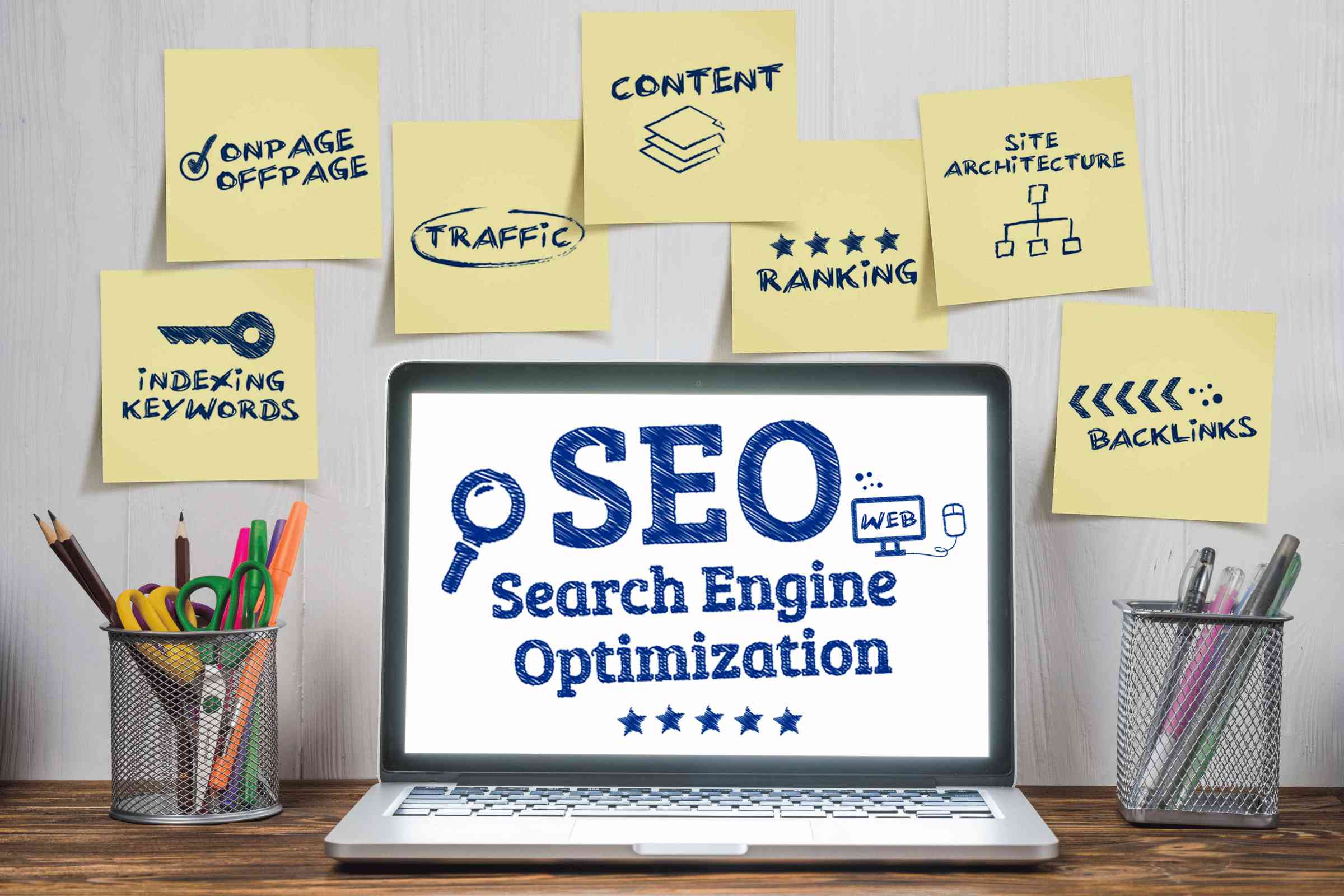Search engine optimization (SEO) is the practice of improving the quality and quantity of website traffic by increasing the visibility of a website or a web page in search engine results pages (SERPs). In other words, SEO helps businesses and website owners to rank higher in Google, Bing, Yahoo!, and other search engines.
How SEO Works?
Search engines use complex algorithms to determine which web pages are the most relevant and authoritative for any given search query. These algorithms take into account a wide range of factors, including:
- Relevance: How closely the content of a web page matches the user’s search query
- Authority: How well-respected and trusted a website is in the eyes of search engines
- User experience: How easy it is for users to navigate and engage with a website
- Technical factors: How well the website is built and optimized for search engines
Here are some of the key elements that can impact a website’s SEO:
On-page optimization:
Some key on-page optimization factors that can affect a website’s ranking in search engines include:
- Title tags: The title tag is a brief description of a web page’s content and is displayed in the search engine results. It should accurately and concisely describe the page’s content and include relevant keywords.
- Meta descriptions: The meta description is a brief summary of the web page’s content that appears under the title tag in the search engine results. It should also include relevant keywords and be compelling enough to encourage users to click through to the page.
- URL structure: The URL of a web page should be concise, descriptive, and contain relevant keywords. It should also be easy for users to understand and remember.
- Content optimization: The content of a web page should be high-quality, relevant, and informative. It should also include relevant keywords and be structured in a way that is easy for users to read and understand.
- Headings and subheadings: The use of headings and subheadings (H1, H2, H3, etc.) can help organize the content of a web page and make it easier for users and search engines to understand.
- Internal linking: Linking to other relevant pages on your website can help establish a hierarchy and structure for your content, as well as keep users engaged on your website.
- Image optimization: Images on a web page should be optimized for size, alt text, and file name, as well as be relevant to the content of the page.
By optimizing these on-page factors, you can help improve your website’s ranking and visibility in search engine results pages.
Off-page optimization:
Some key off-page optimization factors that can affect a website’s ranking in search engines include:
- Backlinks: Backlinks are links from other websites that point to your website. Search engines view backlinks as a vote of confidence for your website’s content, and the quality and quantity of backlinks can impact your website’s ranking.
- Social media: Social media activity can help increase brand awareness and drive traffic to your website. Sharing content on social media platforms can also signal to search engines that your website is popular and relevant.
- Online directories: Listing your website in relevant online directories can help improve your website’s visibility and authority. It’s important to ensure that the directories you choose are reputable and relevant to your industry or niche.
- Guest blogging: Guest blogging on other websites can help build backlinks to your website and establish you as an authority in your field. It’s important to ensure that the websites you guest blog on are relevant to your industry or niche and have a good reputation.
- Influencer outreach: Partnering with influencers in your industry or niche can help increase your website’s visibility and credibility. Influencers can share your content with their followers, which can help drive traffic to your website and increase your brand awareness.
By focusing on these off-page optimization factors, you can help build authority and credibility for your website, which can ultimately improve your ranking and visibility in search engine results pages.











